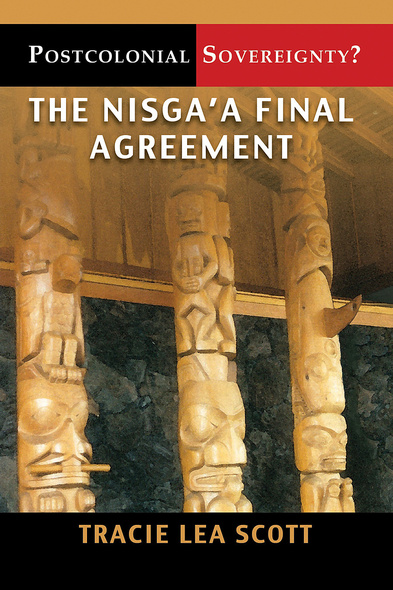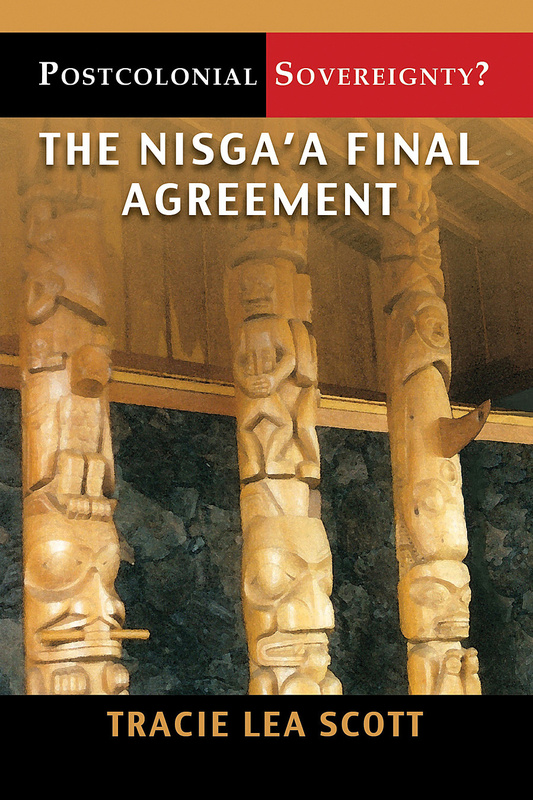
Postcolonial Sovereignty?
The Nisga’a Final Agreement
“My interest in the Nisga’a Final Agreement arose from the trenchant criticisms of the agreement by both Aboriginal rights proponents and conservative factions in the Canadian community. Why did this agreement incite such polarized opposition? I undertook a detailed examination of the agreement and its effect on the Nisga’a Nation. Through community research and discussions with the federal negotiators it became clear that the agreement represented a radical hybridization of western political and legal systems. Obviously, liberal theory did not account for this revision of First Nation and Canadian sovereignty. As such I explored postcolonial theory as an avenue to explain how the treaty was operating and the effects it was having on the Nisga’a Nation and the Canadian political community.” – Tracie Lea Scott
In 1999 the Nisga’a First Nation in Northwestern British Columbia signed a landmark agreement which not only settled their land claim but outlined significant powers that could be exercised by its government. This book analyzes the impact the agreement has on federal/provincial/First Nations relations, but also in a concise manner examines the major terms of the agreement. The author summarizes the settlement and, more importantly, the powers over land, resources, education, and cultural policy granted to the Nisga’a government. Scott notes that the agreement marks a major departure from previous land claims agreements and outlines the opposition, including two court challenges, mounted against the agreement.
Introduction
How far have we come?
How far we have to go
1: Postcolonial Sovereignty?
A Very Canadian Liberalism
Postcolonial sovereignty?
2: Land
Land and Sovereignty in the Nass: the Historical Context
Land Provisions in the NFA
3: Rights
Forest Resources
Fisheries
Wildlife and Migratory Birds
Mines and Minerals
4: Power
The Nisga’a Nation, Sovereignty, Self-Determination, and Self-Government
Nisga’a Lisims Government: Structure and Constitution
Social Jurisdiction of the NLG
5: The Courts
The Campbell Case
The Chief Mountain Case
6: Conclusion: Postcolonial Sovereignty?
The Limits of Liberalism?
Postcolonial Sovereignty?
Notes; Glossary; Bibliography






